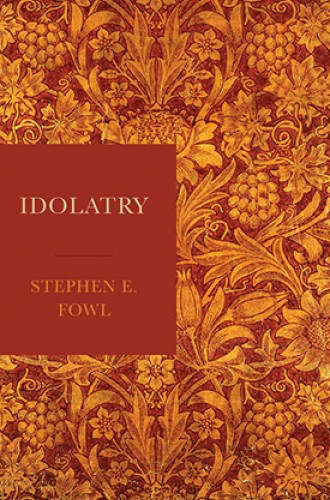It is axiomatic in Jewish and Christian theological traditions that worship is reserved for the one true God alone. To flinch from this obligation in even the smallest way is tantamount to what the Bible calls idolatry. What James 2:10 says of the law—that to keep all of it except in a single point is to transgress against the whole—is true also of worship. The jealousy of Israel’s God is acute when it comes to worship: the Lord will brook no rivals, for in fact there are none.
Scripture affords a plethora of tropes depicting, diagnosing, and indicting idolatry. One trope is the preposterous polytheism of the nations, which manufacture miniature deities out of wood and use the excess material for the fire. Another is the challenge of living as God’s covenant people in alien lands saturated with literal idols and their attendant, abhorrent practices. A third is the fiery judgments of the prophets, who accuse Abraham’s children of forsaking Abraham’s God—of infidelity so great its only comparison is to a married person offering sex for sale to the first bidder.
Amid these well-worn approaches to idolatry, Stephen Fowl takes a different tack. For three decades, Fowl has been the leading voice in theological interpretation of scripture. His 1998 book, Engaging Scripture, was foundational for those who work in the field. Since then he has been steadily producing essays, articles, and books either commenting on theological interpretation or engaging in it (including book-length commentaries on Philippians, Ephesians, and Ruth).






